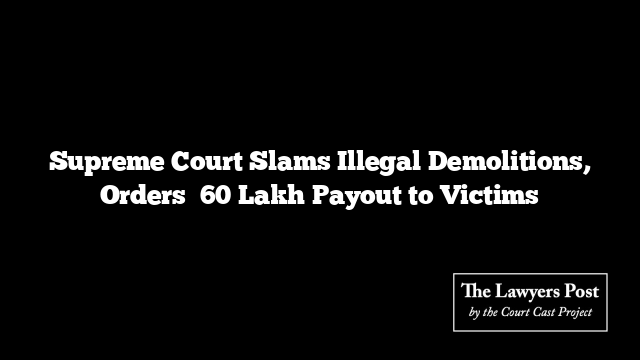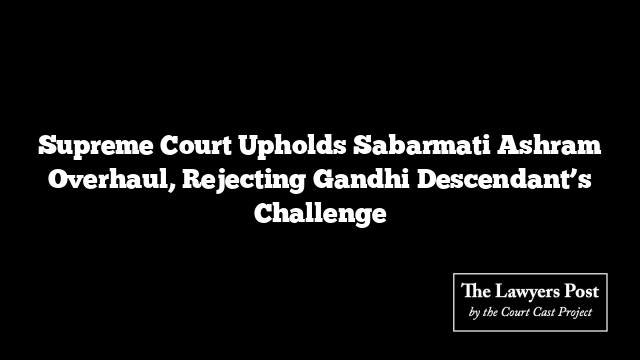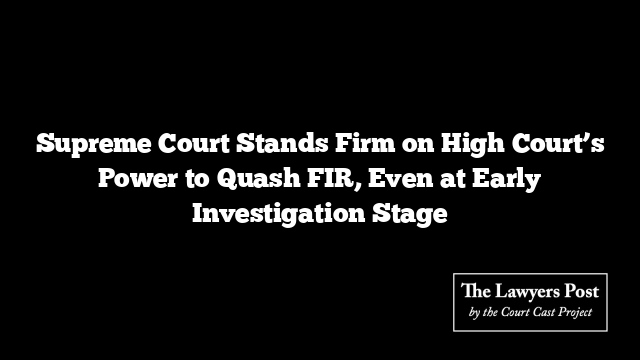In a scathing rebuke, the Supreme Court has ordered the Prayagraj Development Authority to compensate six individuals with ₹10 lakh each for the illegal demolition of their homes, calling the act “inhumane and illegal.”
“The right to shelter is fundamental under Article 21 of the Constitution,” the Court declared, faulting the authority for violating due process. A bench comprising Justices Abhay S. Oka and Ujjal Bhuyan condemned the manner in which notices were served, describing the practice of merely affixing them as insufficient and unjust.
“This affixing business must stop. People have lost their homes because of it,” Justice Oka remarked, emphasizing that genuine attempts must be made to serve notices personally before resorting to alternative methods.
The demolitions, carried out in early 2021, left the victims without an opportunity to appeal, as the final registered notice was delivered just a day before the structures were razed. The Court found this a blatant disregard for Section 27 of the U.P. Urban Planning and Development Act, which mandates a fair chance to respond before any demolition order is enforced.
The Uttar Pradesh government defended the demolitions, arguing the properties were unauthorized and linked to disputed ownership. However, the Supreme Court rejected these justifications, asserting that compensation was the only way to hold authorities accountable.
Justice Oka made it clear: “We will record this as illegal. ₹10 lakh compensation per person is the only way to ensure such actions do not repeat.”
While the Court refrained from making any determinations about the ownership of the properties, it left the door open for the affected individuals to pursue legal proceedings to establish their rights. It also ordered the Prayagraj Development Authority to strictly adhere to proper notice-serving protocols in future demolition cases.
The case had earlier been dismissed by the Allahabad High Court, which had accepted the state’s position that the petitioners had overstayed their leases. However, the Supreme Court’s ruling now forces a financial reckoning for the authorities’ failure to uphold constitutional protections.





